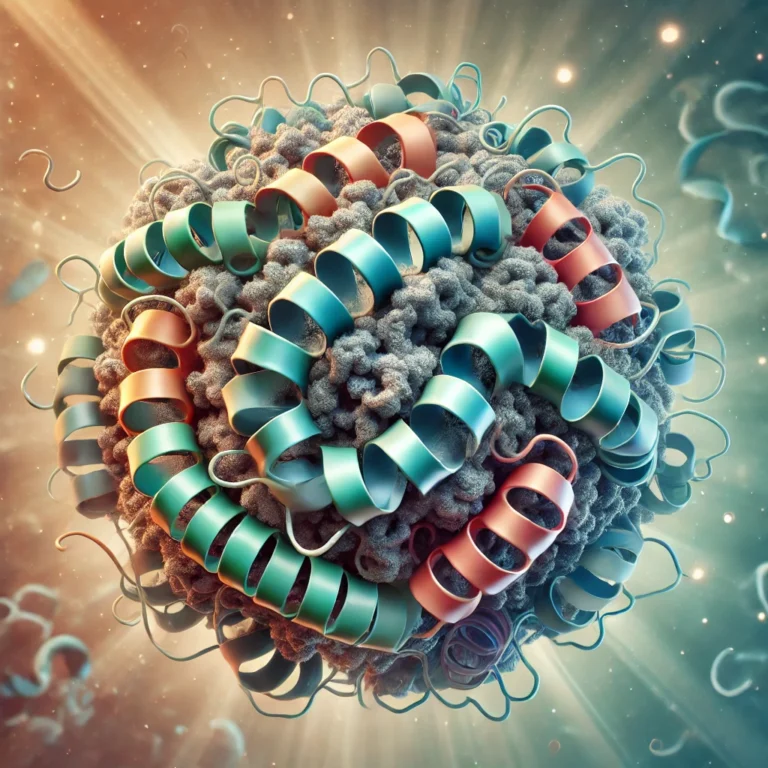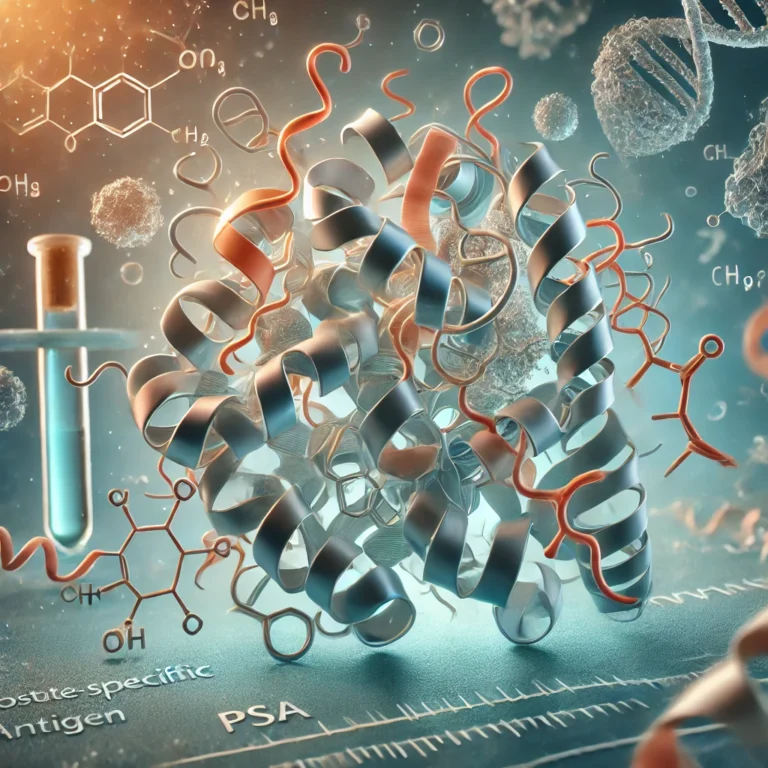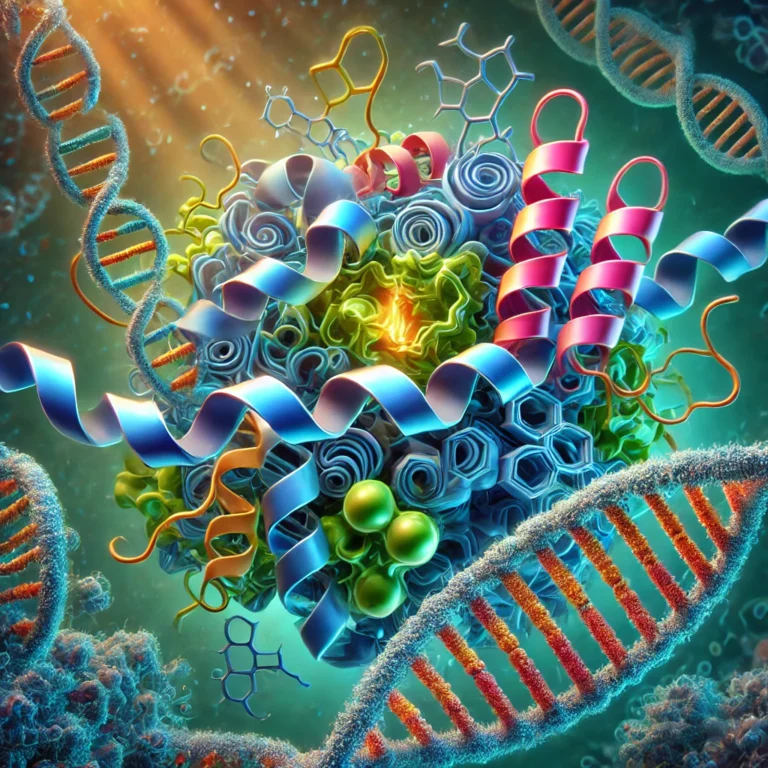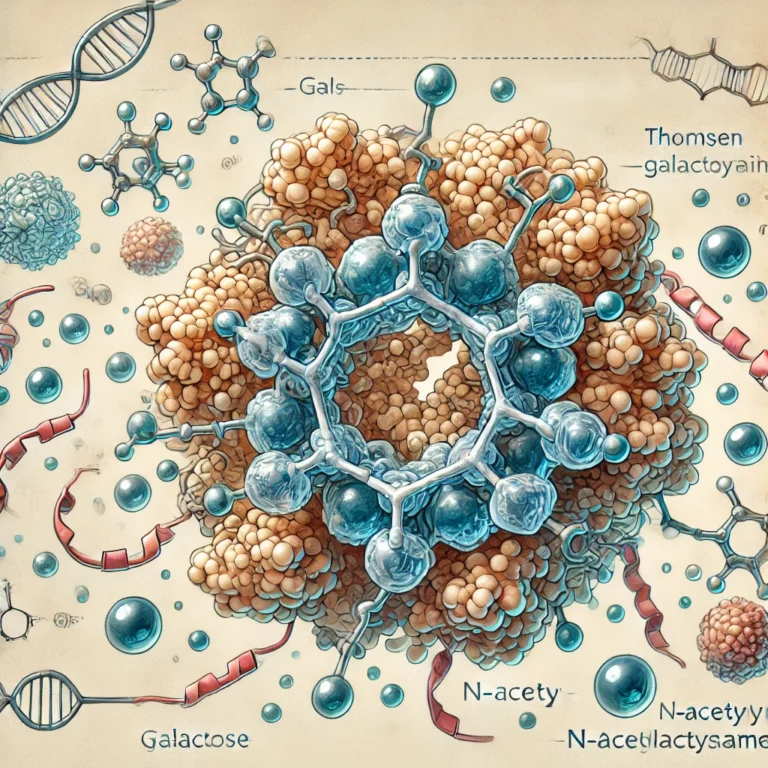MUC1 (Mucin 1)
- Used for: Breast cancer, ovarian cancer, pancreatic cancer.
- Why it’s good: Overexpression of MUC1 is seen in many cancers, making it a broad biomarker.
- Limitation: It can be elevated in non-cancerous conditions as well.

Alpha-Fetoprotein (AFP) is a well-established cancer biomarker with diverse clinical applications, especially in liver and germ cell tumors. Here’s a detailed summary of its biological role, diagnostic value, prognostic utility, and emerging therapeutic applications, based on recent studies: 🔬 What is AFP? AFP is a glycoprotein produced by the fetal liver and yolk sac. After…
Circulating Tumor DNA (ctDNA)

Prostate-Specific Antigen (PSA) is a widely used cancer biomarker, particularly for prostate cancer (PCa). While it has transformed prostate cancer screening and monitoring, it also has notable limitations. Here’s a detailed breakdown based on current research: 🔍 What is PSA? PSA is a serine protease produced mainly by the prostate gland. It is highly organ-specific…

TP53 (Tumor Protein p53)
HER2/neu (Human Epidermal Growth Factor Receptor 2)

The Thomsen–Friedenreich (TF) antigen, also known as CD176, is a disaccharide structure comprising galactose and N-acetylgalactosamine (Galβ1-3GalNAcα1-Ser/Thr). It serves as the core 1 structure in O-linked glycosylation of proteins. In healthy tissues, the TF antigen is typically masked by additional carbohydrate chains or sialylation, rendering it inaccessible to the immune system. However, in many cancer…